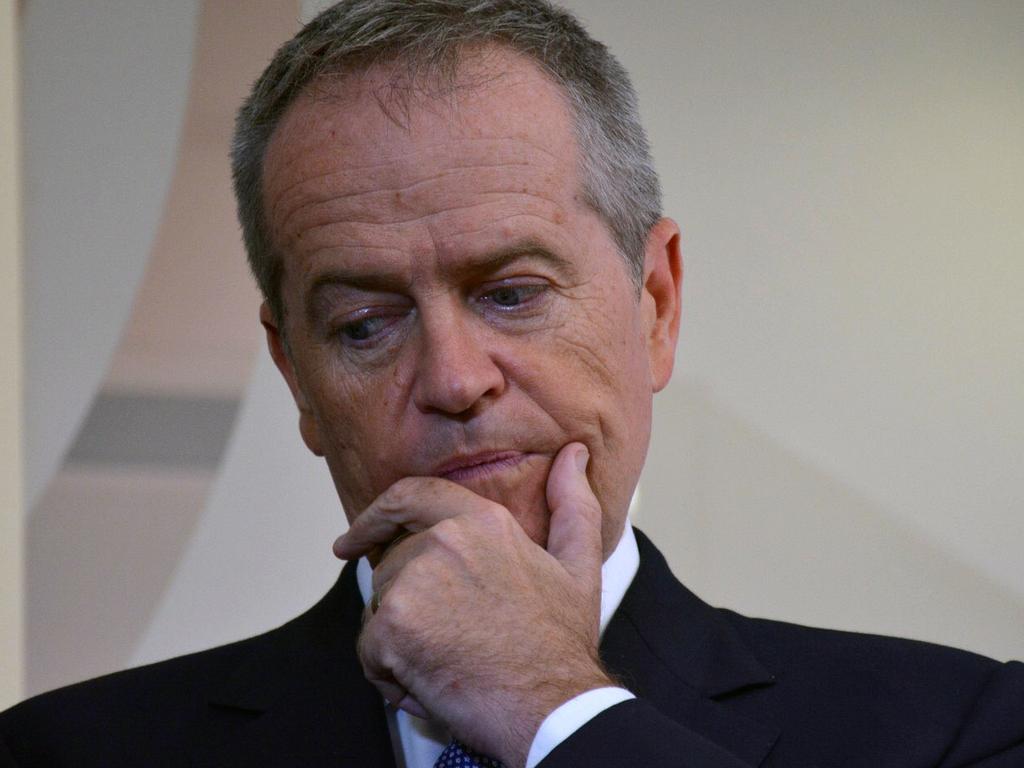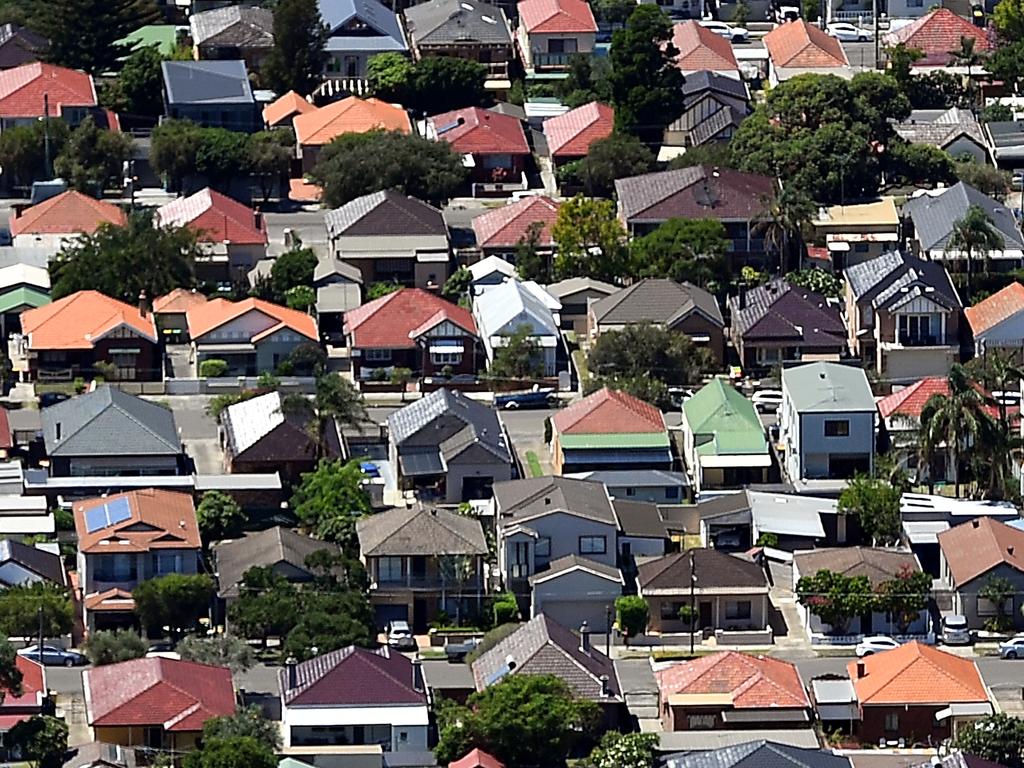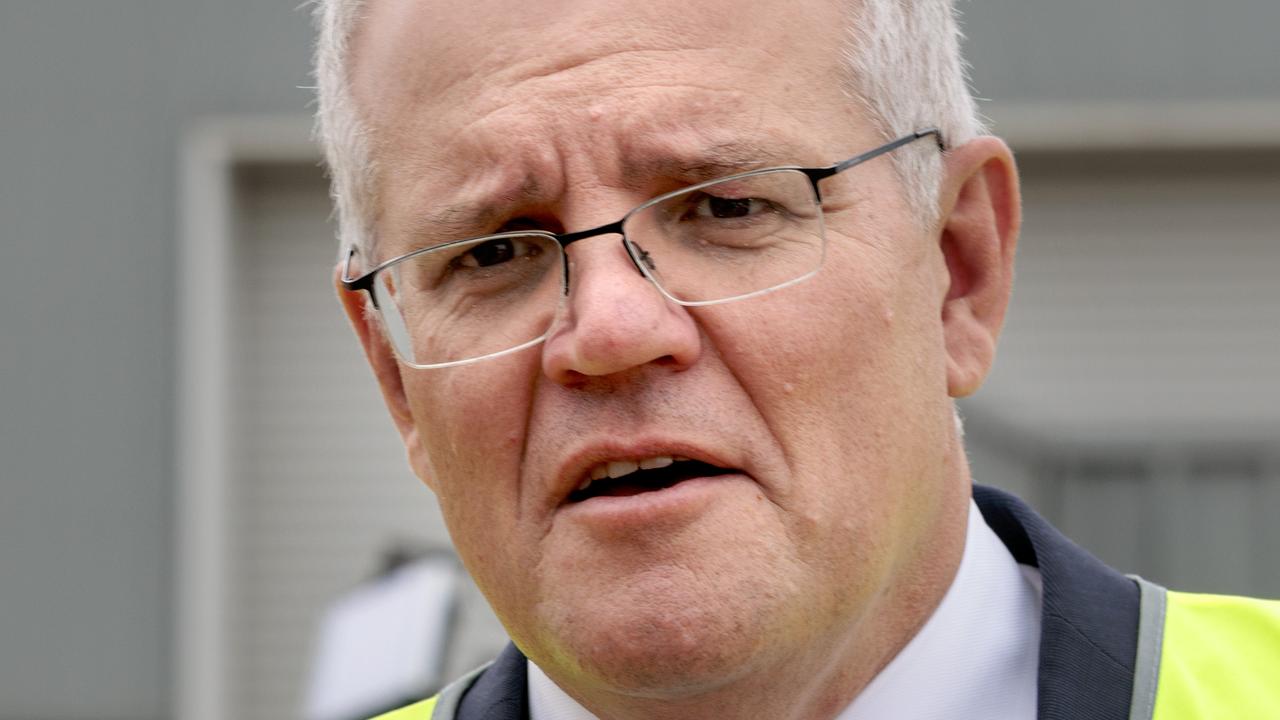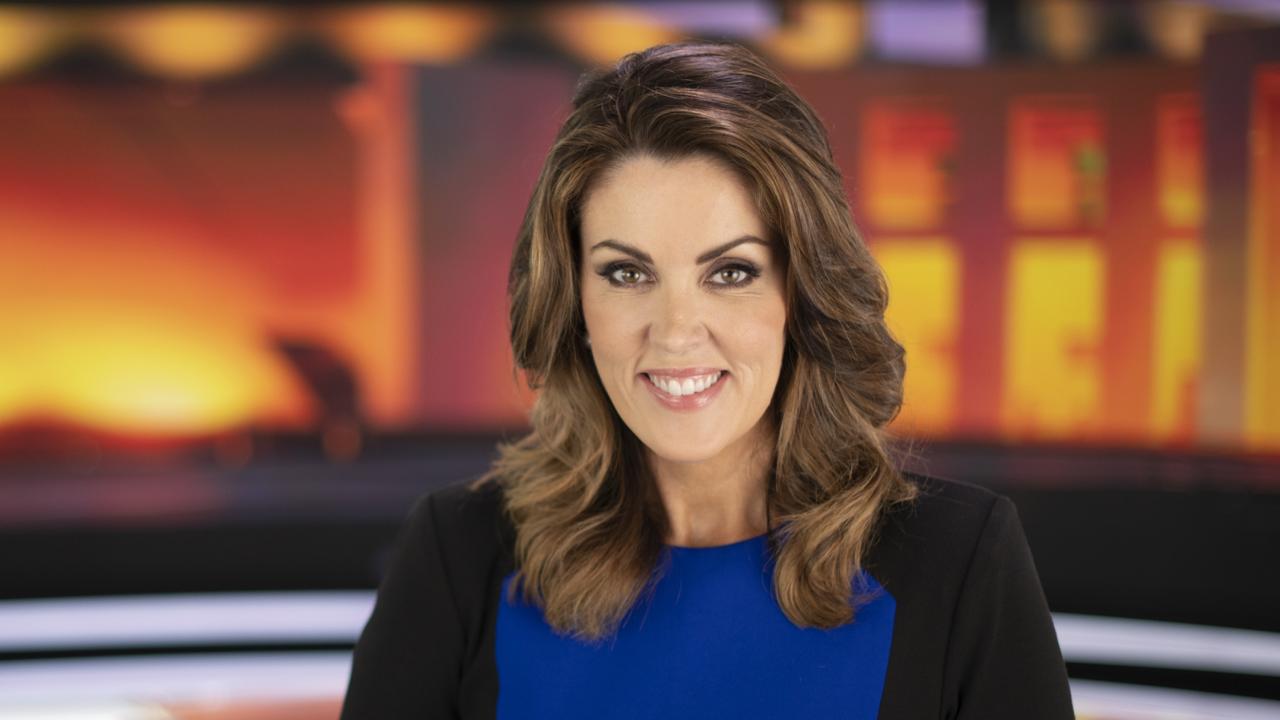Bill Shorten warns of threat facing the next generation
Labor leader Bill Shorten doesn’t want to live in a society where having rich parents is the only way you can get ahead.
Opposition Leader Bill Shorten has issued a dire warning to young Australians, identifying a problem so bad it could turn Australia into a country he wouldn’t want to live in.
Speaking with news.com.au on his campaign bus in Perth, Mr Shorten said having rich parents had become almost the most important factor in deciding which Aussies succeeded.
“Having rich parents is always useful; it’ll never go out of fashion. But, we can’t create a stratified society where having rich parents is the only way you get ahead,” he said.
The federal Labor leader said since the 2008 financial crisis, growing inequality had become a “real threat” to young Australians.
“The last few years, since the GFC (global financial crisis), what happened is nations around the world printed more money. Income became worth less and property — fixed assets — became worth more,” he said.
“If you had a lot of property, you’ve done all right since then. If you don’t have a lot of property and you rely on weekly income, you’re going backwards.”
Mr Shorten blames global forces, the Morrison Government and a “two-speed” tax structure for a system that allows the wealthy to choose what tax they pay through reductions and subsidies, such as negative gearing and franking credits.
“We’ve got to be a more mobile society. Quality of education shouldn’t depend on your postcode, the quality of your healthcare shouldn’t matter because of your credit card,” he said.
“I don’t want to live in that country.”
Do you agree with Bill Shorten? Tell us your thoughts in the comments below.

Prime Minister Scott Morrison offered his outlook for opportunity in Australia when he was appointed to the top job last year, saying “if you have a go, you’ll get a go”.
But Mr Shorten invoked the “bootstrap theory” to argue this catchphrase was not right for Australia.
“They say everyone’s got to pull themselves up by their bootstraps, but what if you don’t own a pair of boots?” he said.
“Not everyone starts in the same place. I don’t want equality of outcome, but I want equality of opportunity to be fair dinkum, not theoretical. A fair go for all.”
The Opposition Leader — who according to the polls is likely to take Mr Morrison’s job in six or seven weeks — says growing inequality goes against what makes Australia “an exceptional country”.
“We live in a country where people can rise, but if we see a growing gap between groups of people in our society, growing disadvantage, more people pushed to the bottom and fewer people going to the top, then what that does is threatens Australian exceptionalism,” he said.

His dark warnings of this growing threat may sound exaggerated, but young Australians are feeling the impact of not having those wealth-generating assets to rely on — or to one day inherit — and the likelihood they may never be able to acquire them.
A generation of young people is giving up hope they’ll ever be able to own a home, and those who are able to get a foothold in the property market are increasingly relying on their parents’ financial help.
Young Australians relying solely on wages are struggling to save a house deposit as the cost of living rises — power prices being a particular strain — and wages fail to keep up.
Analysis released last year by mortgage comparison website RateCity found 50 per cent of millennials turned to mum and dad to help them get their foot on the property ladder, compared with only 27 per cent of first home buyers 20 years earlier.
Those who don’t have access to the bank of mum of dad are being left behind.
So, how does the man who could soon be running the country plan to fix it?
If elected prime minister, Mr Shorten said Labor would work to address the “threat” of growing inequality in Australia. He warned there was no quick fix, but addressing inequality was at the centre of his policy platform.
FIRST HOME BUYERS
Labor plans to roll back tax breaks for property investors, which Mr Shorten says will “make it easier for you to buy your first house”. If elected, a Labor government would scrap negative gearing for existing properties and halve the capital gains tax discount.
The changes would be grandfathered, meaning people already benefiting from negative gearing wouldn’t be affected, but the advantage wouldn’t be offered to investors snapping up properties after Labor came into power.
“It’s going to make it easier for you to buy your house because at the next auction you go to when we’re elected, you won’t be competing with someone who’s buying their eighth house and getting a tax subsidy,” Mr Shorten said.
“(First home buyers) will have less unfair competition because the tax system shouldn’t distort the housing market, and that’s what’s happening. People are buying and bidding at auctions to get a tax benefit.
“I’d rather people bid because it’s the house they fall in love with, and there are three other couples who want the same thing.”
The government argues fiddling with negative gearing, particularly when the market has made a downward shift, would invite a housing crash and has labelled Labor’s proposal a “big housing tax”.
Mr Shorten argues falling property prices have made it easier to enforce changes because the number of investors in the market has fallen.
REVERSING PENALTY CUTS
Mr Shorten said his proposal to reverse penalty rate cuts would “start giving people a better deal”. He plans to reverse the Fair Work Commission’s decision to reduce the penalty rates in awards for industries, including retail, hospitality and fast food — and also to prevent further cuts to penalty rates.
The Coalition has defended the commission’s decision and plans to keep the changes in place.
Labor would also introduce an increase to the minimum wage. Again, the Coalition has defended the status quo on this.
ENERGY PRICES
Mr Shorten told news.com.au he wanted to “end all the argy-bargy about climate change and energy and put forward policies which lower power bills but also tackle climate change”.
“We’ve got to move to 50 per cent renewables by 2030. Renewable energy is cheaper, it’s cleaner, and it’s going to generate jobs and new industry for Australia,” he said.
Labor has also set a target of one million household battery installations in Australian homes by 2025, citing estimates from the Smart Energy Council that batteries would allow homes to save 60 per cent on their power bills.
The Morrison Government has also committed to bring power prices down. Draft “big stick” laws include penalties and powers for the forced breakup of companies, which the government argues are needed to ensure power retailers and generators do not make decisions that deliberately jack up the price of electricity.




